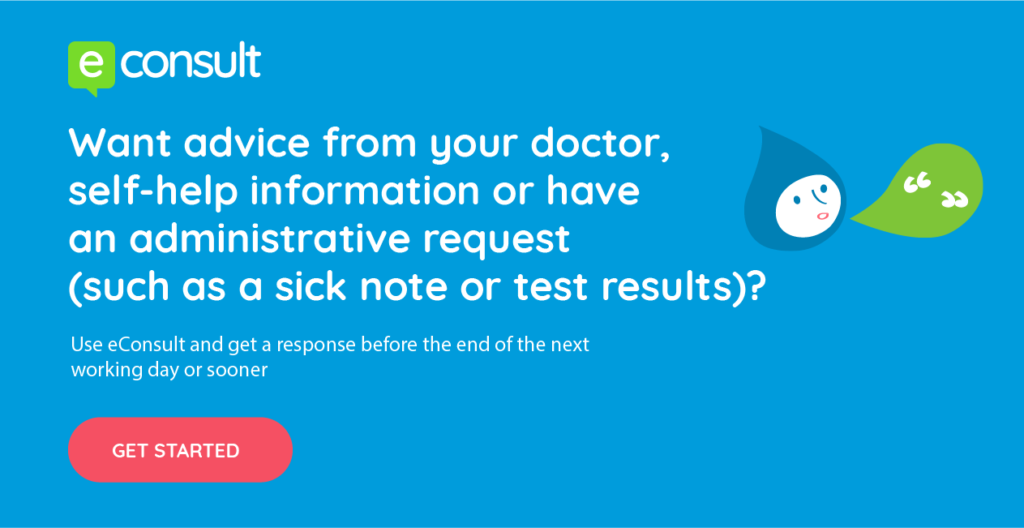Policy Change to the Cervical Screening Programme
Posted on June 12th, 2025
From 1 July 2025, routine cervical screening intervals will be extended from 3 to 5 years for
participants aged 25-49 who test negative after attending cervical screening on or after this
date.
Next test due dates will not be changed; individuals will be invited at the interval in which
they were advised of at the time of their last test.
Why are cervical screening intervals changing?
The Human Papillomavirus (HPV) causes nearly all cervical cancers. We now use a
test which is more sensitive and accurate than the previous method (smear test) to
look for HPV in your sample. This helps us offer a more personalised approach by
finding out who is at higher risk of developing the cervical cell changes that over time,
if left untreated, could lead to cervical cancer. This change from 3 to 5 yearly screening
is backed by robust scientific evidence – studies have shown that if you test negative
for HPV you are extremely unlikely to go on to develop cervical cancer within the next
10 years. So now we have this better test, you don’t need to be screened as often if
you don’t have HPV.
Will everyone move onto this new 5 yearly screening pathway
automatically?
No. Next test due dates will not be changed retrospectively; you will be invited at the
interval in which you were advised of at the time of your last test.
Only those who attend cervical screening on or after 1 July, and meet the clinical
criteria, will have their next test due date set at 5 years. NHS England made this
decision based on clinical advice from experts.
Those aged 50 to 64 are already invited every 5 years.
What happens if I test positive for HPV?
It’s important to remember that having HPV does not mean that you have or
will develop cervical cancer. It is a common virus that most people will have at some
point in their life without knowing, which usually goes away on its own. If HPV is found
in your sample and there are no cell changes, you are invited for screening again in 1
year.
If cell changes are found alongside HPV, you are referred directly to a hospital clinic
for a colposcopy to check the cervix more closely. Further follow up and treatment
will depend on the colposcopy findings.
I’ve heard that I will be invited for my cervical screening through the app,
but I don’t have it/don’t want it, what should I do?
From June 2025, you can receive cervical screening communications via the NHS
App. To benefit from this, please download the NHS app and make sure your
notifications are switched on. If you don’t wish to use the App, we’ll attempt to
contact you by text message. If we can’t reach you through these methods, we will
send a hard-copy letter through the post, so don’t worry, you won’t miss an invitation.





